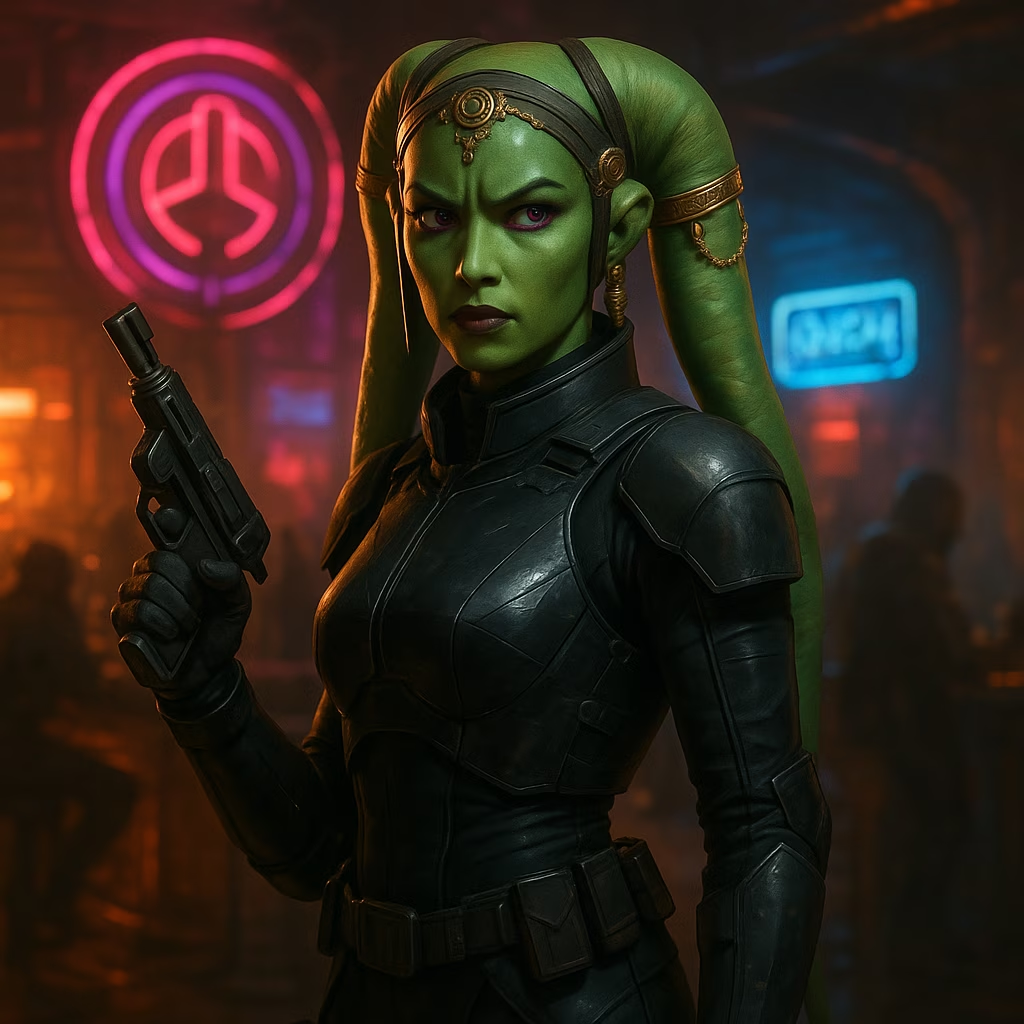As we approach the ten-year mark since Disney's acquisition of Lucasfilm and the subsequent release of EA's Star Wars Battlefront in 2015, the landscape of Star Wars gaming remains as turbulent as a journey through an asteroid field. What began with cautious optimism has evolved into a complex saga of commercial successes, critical disappointments, and a few genuine triumphs that have shaped the franchise's gaming identity under Disney's stewardship.
The Battlefront Beginnings
When EA's Star Wars Battlefront launched as Disney's first major Star Wars gaming venture, it arrived with TIE fighter engines screaming and expectations soaring. Despite selling over 14 million copies by 2017, the game left many longtime fans feeling like they'd been served blue milk without the nutrients. The absence of a campaign mode, restriction to Galactic Civil War content, and radical departure from the beloved Pandemic Studios gameplay mechanics left a disturbance in the Force that wouldn't be easily settled.

The follow-up, 2017's Battlefront 2, attempted to course-correct by including all three film trilogies and adding a single-player campaign. However, the game crash-landed into controversy with its predatory loot box system and marketing that many players felt misrepresented the campaign's scope. As one fan memorably put it at the time, "They sold us a Star Destroyer but delivered a busted escape pod." Though subsequent free updates eventually transformed the game into something more closely resembling what players had hoped for, its legacy remains permanently tarnished by its catastrophic launch.
Finding the Light Side
The tide began to turn in 2019 with Respawn Entertainment's Star Wars Jedi: Fallen Order, which proved that single-player, story-driven Star Wars experiences could still thrive in the modern gaming era. This critical darling followed by its equally successful 2023 sequel, Star Wars Jedi: Survivor, stand as the twin suns in Disney's otherwise mixed Star Wars gaming universe.
Not every post-Fallen Order release has managed to maintain this momentum. Star Wars: Squadrons (2020) offered an immersive starfighter experience but couldn't sustain player engagement due to limited multiplayer options. Meanwhile, Zynga's free-to-play Star Wars: Hunters is scheduled for an early retirement, with servers shutting down by October 2025—barely past its first anniversary—due to anemic player retention and revenue.
Perhaps most disappointing was 2024's Star Wars Outlaws, Ubisoft's ambitious open-world adventure that promised players the chance to live out their space scoundrel fantasies. Despite gorgeous visuals and an intriguing premise, restrictive stealth mechanics and an open world that felt about as free as a Sarlacc pit victim left many players underwhelmed. Add in controversially priced DLC, and you've got a recipe for commercial underperformance that has executives at Disney surely wringing their hands.
The Pressure of What's to Come
With only the Jedi series standing as unqualified successes in Disney's Star Wars gaming portfolio, upcoming titles face mounting pressure to deliver both critically and commercially. This burden falls particularly heavy on long-gestating projects like Quantic Dream's Star Wars Eclipse and Saber Interactive's Knights of the Old Republic remake—both announced in 2021 with precious little information shared since.
The KOTOR remake has already weathered a developer switch from Aspyr to Saber Interactive in 2022, while Eclipse faces dual challenges: Quantic Dream's reported workplace issues and the game's High Republic setting. This era, set approximately 200 years before The Phantom Menace, has found success in novels but stumbled in its live-action debut with Disney+'s The Acolyte, which landed with all the grace of a Gungan on ice.
Respawn Entertainment, despite being responsible for Disney's most successful Star Wars games, isn't immune to these pressures. Following EA's layoff of roughly 300 Respawn employees and the cancellation of a Titanfall universe game earlier this year, the studio must now juggle development of both Star Wars Zero Company and the third installment in the Jedi series.
Zero Company faces its own challenges as a single-player turn-based tactics game—a genre about as mainstream as Jawa fashion trends. Meanwhile, the third Jedi game carries the weight of completing what could become one of the most celebrated trilogies in Star Wars media, assuming it can stick the landing.
The Uncertain Hyperspace Jump Ahead
As we look toward the future of Star Wars gaming under Disney's banner, the trajectory remains as unpredictable as a malfunctioning hyperdrive. Will the upcoming titles learn from the successes of Respawn's Jedi series, or will they repeat the mistakes of their predecessors? Can Disney and its development partners find a balance between commercial viability and creating authentic Star Wars experiences that resonate with both casual and hardcore fans?
The answers to these questions remain clouded, even to Master Yoda himself. Perhaps the most important lesson from this decade of Star Wars gaming isn't about specific successes or failures, but rather understanding that the galaxy far, far away is vast enough to accommodate many different types of gaming experiences—if only the executives, developers, and publishers can find the wisdom to let the Force guide them rather than quarterly profit projections.
After all, in the words of a wise smuggler, "Never tell me the odds." But sometimes, I kinda wish someone would tell Disney the odds of success when rushing out an unfinished Star Wars game...
